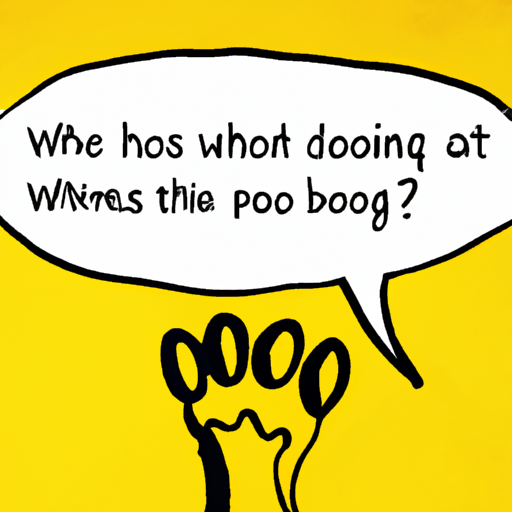“`markdown
Why Do People Call Feet “Dogs”
Understanding the Phenomenon
You might have heard people referring to their feet as “dogs”. It’s a classic piece of American slang with an intriguing history. This linguistic oddity can be traced back to cockney rhyming slang, a coded language developed in the 19th century East End of London.
The Origins of the Term “Dogs”
- Cockney Rhyming Slang: This peculiar form of language originated as a secret code among the lower classes in London. It involves replacing a common word with a phrase that rhymes. For instance, “stairs” would be referred to as “apples and pears”.
- “Dog Tired”: The phrase “dog tired” has been used to express extreme fatigue since the 18th century. It’s thought that “dogs” in “my dogs are barking” is a short form of “dog tired”, referring to feet that are sore from overuse.
The Journey Across the Pond
Just how did this British slang find its way to American vernacular? It’s believed that returning servicemen from World War I and II brought back some British expressions, including this one.
| Period | Possible Influence |
|---|---|
| World War I | Returning servicemen |
| World War II | Continued military ties |
Why the Phrase Stuck Around
The phrase has a certain humorous quality to it, doesn’t it? It’s informal, vivid, and a bit quirky – all traits that can make language more memorable. Additionally, it serves as a nod to our shared linguistic history, a subtle reminder of the fluidity and evolution of language.
The Phrase in Modern Usage
Today, “my dogs are barking” might be considered a bit old-fashioned, but it’s not uncommon to hear it in movies or see it in books. It’s a charming piece of linguistic history that adds flavour to conversations and narratives.
FAQ
Q1: Is the phrase “my dogs are barking” considered proper English?
A1: While it might not be considered “proper” English, it’s an accepted part of American vernacular.
Q2: Is the phrase still in common use?
A2: It’s less common today, but you might still hear it in certain contexts, particularly in older films or books.
Q3: Does the phrase have any negative connotations?
A3: No, it’s generally seen as a humorous, informal way to say that your feet are tired or sore.
“`



